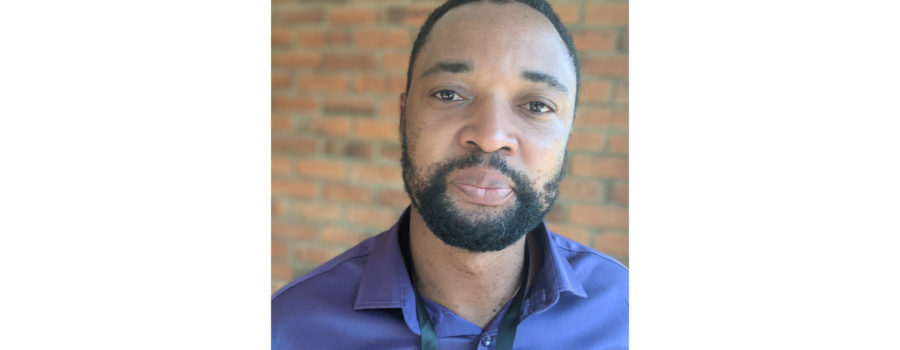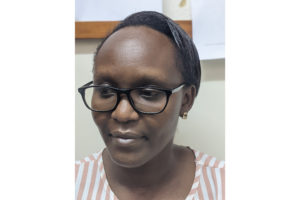I’m here in Blantyre, Malawi, preparing for a new clinical trial, the “DON study.” The acronym is the drug we are testing. DON was originally developed as an anti-cancer therapy. Clinical trials in the USA showed it did not have many side effects, but it did not kill cancer very well. Eventually, some smart people at the NIH began investigating using DON to help children with cerebral malaria. In scientific-speak the drug is being “repurposed,” used for something different than its original design.
Before we start giving DON to children with cerebral malaria, we have to make sure it is safe to give to Malawians. It is not ethical to give potentially harmful things to children, but adults can consent to take part in safety studies, even if they will not see a direct benefit from receiving the medication. These adults are doing it for the good of humankind. Once we prove that DON is safe in Malawian adults, then we will try giving it to children with cerebral malaria, first in very low doses.
The adults who take part in this clinical trial will do so at the Ndirande Research Clinic. This research site is about 8 kilometers from the hospital where I work. We usually do adult studies in Ndirande and pediatric studies in the central hospital.
Due to the geographical distance between the two, I met Frank. He is a driver for the Blantyre Malaria Project, shuttling staff and supplies back and forth between the hospital and Ndirande. Twice per day I make the 15 to 20 minute commute between the two. Frank is my driver. Many times, the drivers do not have the language skills to communicate well with me. Frank, in contrast, is a great conversationalist. Our twice daily chats have become a high point of my day. They are a mixture of getting to know one another, discussion about our jobs, and cultural comparisons between Malawi, South Africa, and the USA.
Aren’t unexpected pleasures the best? Frank is one of those, making me smile and broadening my world view during my twice daily commute, two 15 minute intervals every day.
Frank Felix Lifa grew up in Blantyre, the second of five children. His parents both died by the time he was 16 years old. After that, he lived with his grandmother and siblings until he graduated from high school. He did well throughout school but had no money to continue his studies. He found no work for almost 3 years after high school graduation when he finally landed a position as a gas station attendant. (Petrol stations are full service here in Malawi.) He worked hard, grabbing as much overtime as he could. Eventually he was promoted to cashier. He did not spend much money. He had a dream to move to South Africa where he could make higher wages, sending money back to his family in Malawi.
He lived in Cape Town for 10 years. In South Africa it was easier to save money. After a few jobs doing menial labor, he decided to become a professional driver. Not yet knowing how to drive, he used his savings to finance attendance at driving school. After obtaining his license, getting a position as a driver in Cape Town was comparatively easy. He worked several jobs, ferrying tourists, students, and cargo. He made good money. He encountered racism for the first time. He witnessed the extreme poverty and crime of the townships in Cape Town.
After his arrival in South Africa, he re-connected with an old flame through Facebook. She was Malawian but had immigrated to the USA. After a few weeks of communication, she came to Cape Town to see if their relationship would work as well in person as it did virtually. It did not. He is disappointed by this, but does not blame her.
After his decade in Cape Town, Frank returned to Blantyre. Three months ago, he began working as a driver for the Blantyre Malaria Project. He shuttles between Ndirande and the hospital, but also “chases” patients in research studies. If a patient does not show up for a scheduled appointment, one of the staff telephones to assess the situation. If urging their return by telephone does not work, someone is sent out to find the patient, asking them to return for follow-up.
Frank likes to watch movies. His favorites genre is African American. He uses Malawian colloquialisms that make me smile. A place comparatively distant to one’s present location, is “that side.” Places nearer by are “this side.” An example? When I telephone him to come pick me up, he may be far away. “Please wait a few minutes for me to collect you, Doctor. The traffic is very bad that side.” I love this expression.
Aren’t unexpected pleasures the best? Frank is one of those, making me smile and broadening my world view during my twice daily commute, two 15 minute intervals every day.






